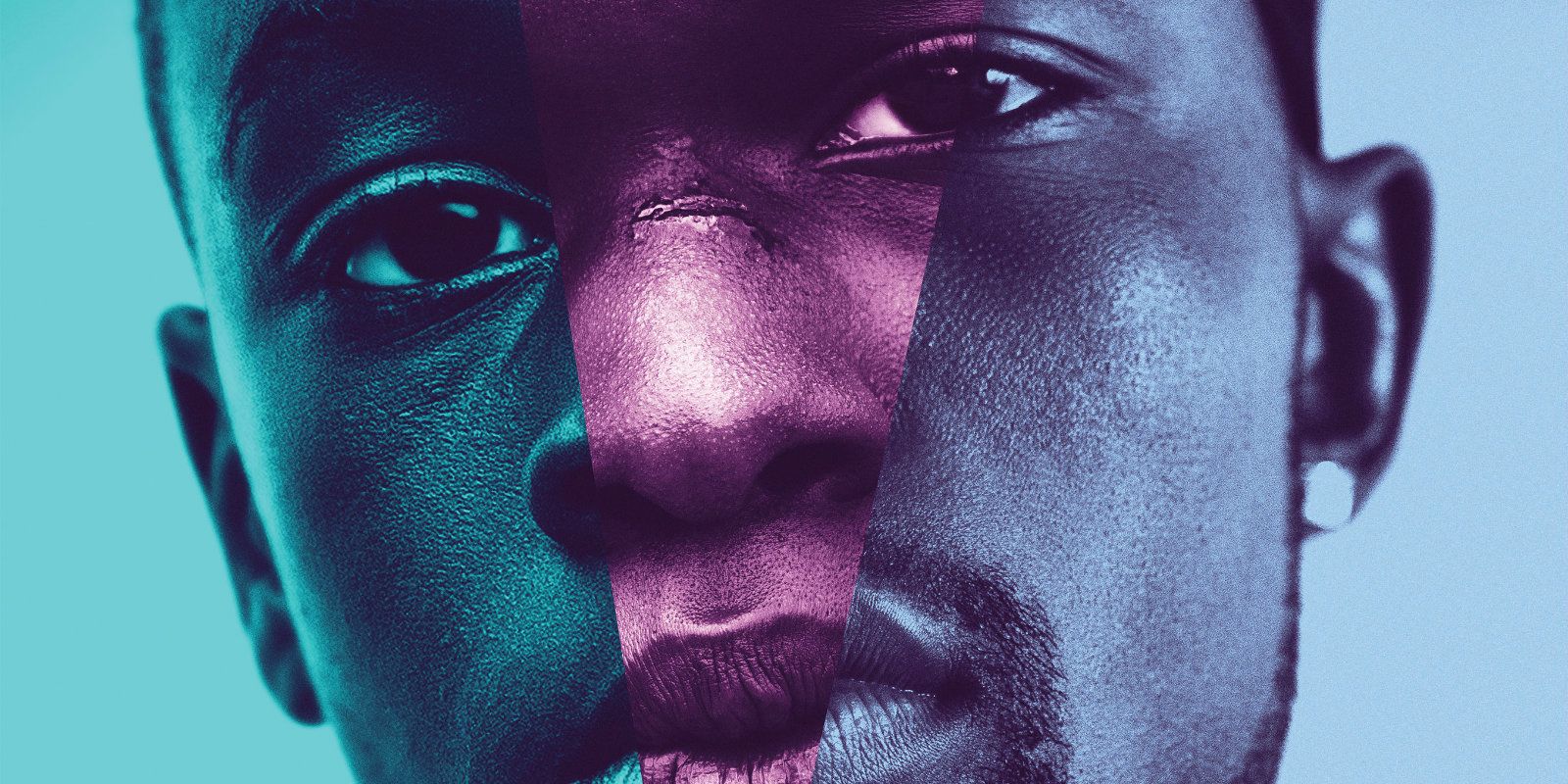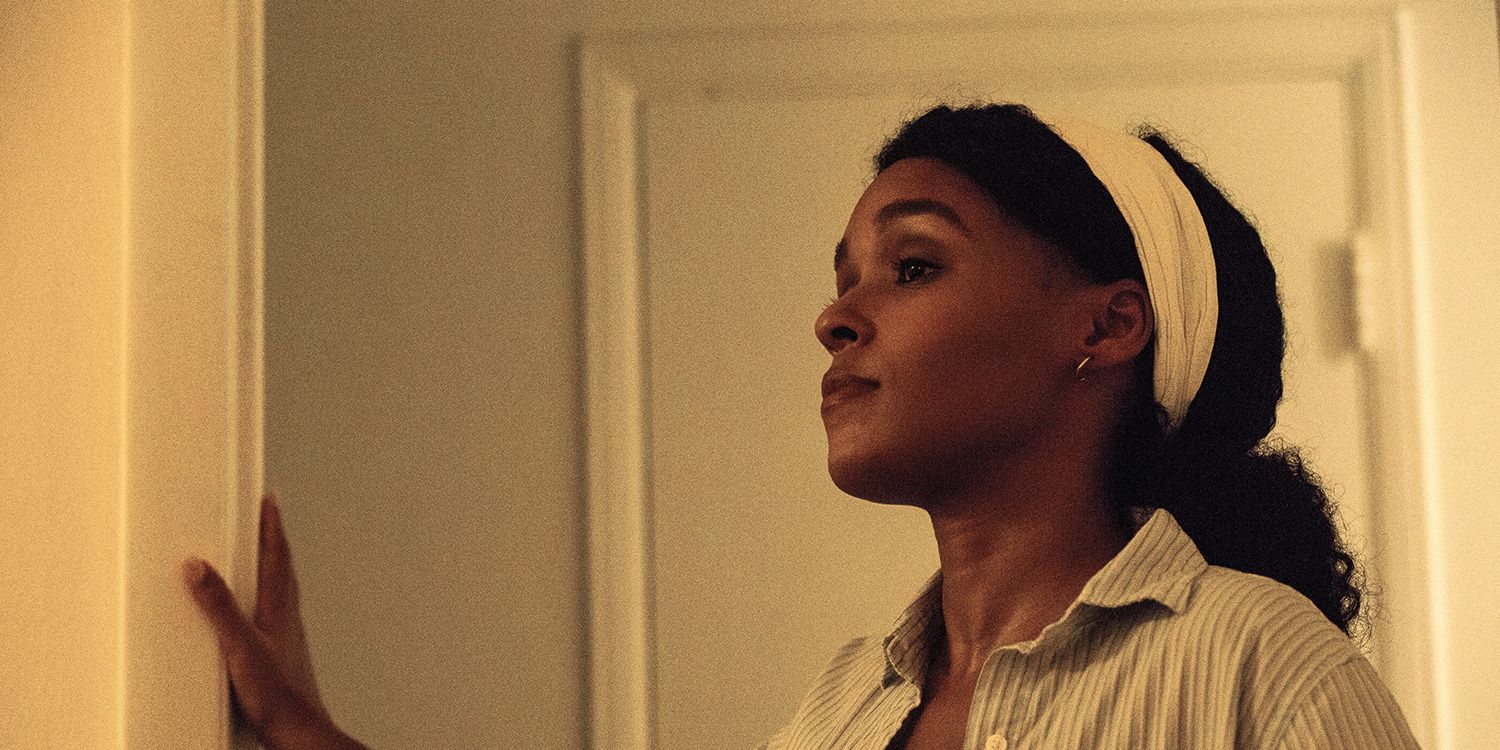The Academy Awards are officially over for another year. The Oscars have been handed out, speeches were given, tears mopped away and the celebrations continue at after-parties across Hollywood. After months of anticipation, predictions and a barrage of eager campaigning, it all came down to one night, and now the cycle begins anew. But before we even think about jumping into 2018 predictions – it may seem too soon but believe us, producers and distributors are already planning their strategies – it’s worth taking a look at the biggest win of the night.
La La Land won Best Picture.
And then it didn’t.
Following an unfortunate mix-up with the envelopes, the team from La La Land took the stage to give a heartfelt speech, and but producer Jordan Horowitz quickly and graciously took to the microphone to inform the audience that a mistake had been made. The real Best Picture winner was Moonlight.
Even if the announcement hadn’t been so garbled and bizarre, Moonlight’s win would remain a huge surprise, and one that the audience in the auditorium clearly welcomed. Director Barry Jenkins’s reaction spoke for us all, as the shock filled the room and sent Twitter into a frenzy.
Much had been written about the inevitable La La Land sweep. With 14 nominations under its belt – equal to the all-time record set by All About Eve – it seemed to have the pitch-perfect Oscar narrative from production to podium: An old-school musical homage to Hollywood directed by a hot young talent, featuring two adored stars singing and dancing in a dazzling feat of technical skill. Yet, while the film picked up numerous wins, including Best Director for Damien Chazelle, it didn’t get the sweep of victory many were predicting. The technical awards were scattered more evenly across the other nominees, Chazelle missed out on original screenplay to Manchester by the Sea’s Kenneth Lonergan, and then the crowning moment was dashed amidst a flurry of confusion.
Moonlight’s win is something of a rarity for the Oscars – it’s the best film nominated in the category, and it actually won. In a business where campaigning is king, and La La Land swept the major awards preceding it, there wasn’t much hope for the tiny budget indie that, while critically adored, reached a fraction of the audiences. Yet it had a great team behind it, like any Oscar hopeful, and this year that work paid off in spades.
A24, the distributor of Moonlight, has been making an incredible impact on the indie market since its inception in 2012. With a slew of auteurs under its belt, from Sofia Coppola to Denis Villeneuve to Andrea Arnold, A24 has easily established itself as the power players in an increasingly difficult market where mid-budget adult efforts are eschewed in favour of franchise tent-poles. They hadn’t had a major chance to carry out a significant awards campaign until Moonlight, and many thought that lack of experience would impede Moonlight’s efforts. Fortunately, the film had another secret weapon in the form of Plan B Films and a guy called Brad Pitt. The filmmakers also threw everything they had into the campaign trail. Mahershala Ali, who took home Best Supporting Actor, was a regular on chat shows and magazine covers, bringing much needed visibility to the film, and the tiny film that rejects most of the Oscar Bait tropes in favour of quiet, contemplative storytelling became a mainstay at awards, particularly ones voted on by critics.
The Oscars is the only major film award voted upon by those who make up the industry rather than critics or individual unions like the Directors Guild or Screen Actors Guild. Historically, its voters have been mostly white, male and older, and usually originating from the acting side of the business. That meant certain types of films were more likely to be noticed – flashier affairs where the hard work is evident. Yet the Academy is changing. After the backlash of the previous year’s nominees and the campaigning driven by April Reign’s #oscarssowhite work, the Academy vowed to greater diversify its membership and double its minority voters by 2020. Last Summer, Academy President Cheryl Boone Isaacs announced 683 new members: 41% were people of colour and 46% were women. Change may be incremental in Hollywood, but clearly those voices were loud and active in their support.
Moonlight is an outlier in many ways – its story focuses on a group of society that is seldom represented on film, it has an exclusively black ensemble and was written and directed by black men (only 4 black directors have ever been nominated for the Best Director award, and it is notable that while Moonlight won Picture, Jenkins did not win here), and it avoids flashy storytelling and film-making. It is a gentle movie of incredible empathy, where dialogue is sparse yet potent, and close-ups do most of the work. It is the antithesis of an Oscar film, but it was inarguably the best film of the year, and one that will be considered a masterpiece in the years to come.



